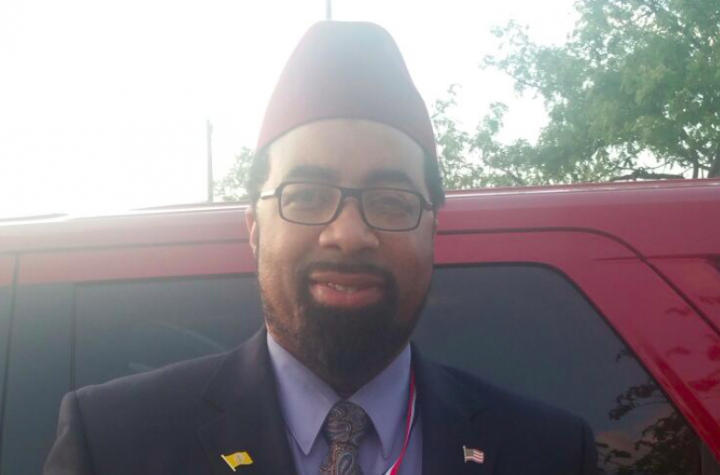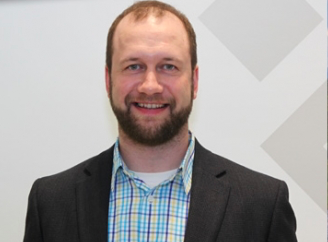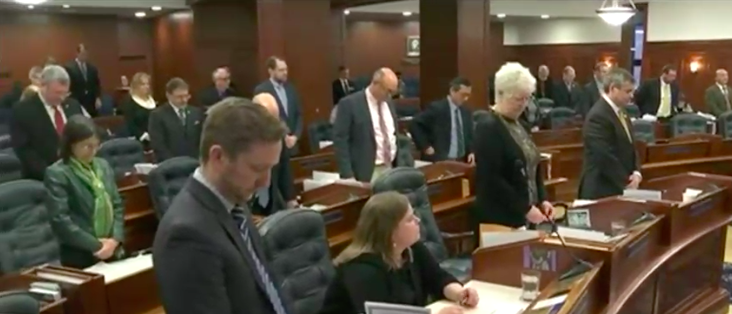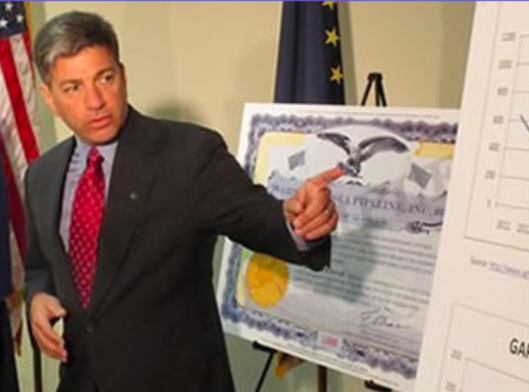A man who was the subject of controversy in 2016 over his affiliation with a Muslim group has filed to run against Congressman Don Young.
Gregory “Shoaib” Jones filed as a Democrat with the Federal Elections Commission, complicating the aspirations of Alyse Galvin, a Democrat who has changed to an unaffiliated candidate to run against Young in the Democrats’ 2018 primary.
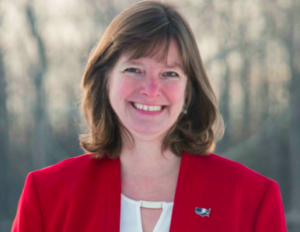
Galvin, founder of the Great Alaska Schools advocacy group and a close associate of the National Education Association union, has the apparent support of the Alaska Democratic Party.
But before they can put an unaffiliated candidate on their ballot, they will have to win their pending case in the Alaska Supreme Court. The State of Alaska has challenged the judge’s ruling to allow ballot hopping because running a nonaffiliated person on a party ballot is an easy way to deceive voters.
[Read: Judge rules Democrat Party can run nonpartisans on their ballot]
WHO IS GREG JONES?
Meanwhile, Jones used to live in Wasilla, but now is registered as living in Anchorage. He was a delegate to the Democratic National Convention in Philadelphia, Penn., representing Bernie Sanders Democrats from Alaska.
Jones is a political activist.
In 2016, he ran against Rep. Mark Neuman in District 8, the deeply Republican Mat-Su Valley. In the process of being a candidate, he appeared on the Amy Demboski Show on KVNT. They had a cordial discussion.
On the show, he said he was affiliated with The Muslims of America, a group that was singled out by the Clarion Project for radical activities.
[Read: The alt-left picks its next battle with Amy Demboski]

Demboski is a member of the Anchorage Assembly representing Eagle River and Chugiak. She is a former candidate for mayor and is no stranger to controversy.
Her postings about Jones on Facebook angered the Anchorage Left and drew rebuke from the liberal members of the Assembly, who publicly apologized to Jones.
But Demboski didn’t apologize. She said anyone running for office has to stand for scrutiny, that their associations matter, and she said Fox News had a lot of documentation on the group. The Southern Poverty Law Center said the Clarion Project was Islamophobic.
In the General Election, Jones took 18 percent of the vote to Neuman’s 82 percent.
Raised in a community called Holy Islamville, in S.C., Jones and his wife moved to Alaska a decade ago and settled in Wasilla-Big Lake. He is an electrician and the couple is involved in “interfaith groups, civil rights activism and Democratic political circles,” according to a story about him in the Anchorage Daily News.
WHO ARE THE MUSLIMS OF AMERICA?
The Muslims of America, the group that Jones was raised in, was founded by Muslim converts in New York City who follow the teachings of a Pakistani Muslim Sheik Mubarik Ali Shah Gilani.
According to the sheik’s biography in Wikipedia, the U.S. Government found ties between the cleric and a terrorist organization Jamaat ul-Fuqra.
Sheikh Gilani has written a rebuttal: “In regard to the name, they say MOA is a front for Jamaat al Fuqra. They try to keep bringing this name Jamaat al Fuqra, but we don’t acknowledge it. Can our enemies show me, in my own writing, where I said I established Jamaat al Fuqra or its offices here in Pakistan or in America?” … “None ever called themselves Jamaat ul Fuqra.”
The use of the word “enemies” may have gone unnoticed, but seems important for a group espousing peace.
Wall Street Reporter Daniel Pearl was abducted while on his way to interview Gilani to talk to him about a connection between the sheik and Richard Reid, the “shoe bomber.”
The FBI has cleared Gilani’s name in connection with the shoe bomber. But not everyone is convinced that his activities are benign.
Candidate Jones says the whole thing about Gilani is manufactured. Will the media ask him to explain it, or gloss it over?
Who will the Democrats back? The man they defended against “Islamophobia” and took to the National Convention, or a privileged, white, education lobbyist?

REPEAT OF STOCK VS. METCALF
In 2016, Margaret Stock ran as an independent, with the full support of the Alaska Democratic Party, against Sen. Lisa Murkowski.
But she had to face a familiar name — Ray Metcalf, the Democrat’s Democrat, who actually held the D spot on the November ballot, and that cost Stock. In the General Election, Stock won 13.2 percent of the vote, and Metcalf, with no party support, won 11.6 percent. Murkowski won with 44.4 percent of the vote, and Joe Miller, running as a Libertarian, took second with 29.2 percent.

MEAHWHILE, DON YOUNG, DEAN OF HOUSE
Congressman Young, the man who Greg Jones would like to replace, is now Dean of the House, the longest serving member of the House of Representatives.
The former mayor of Fort Yukon, He also served in the Alaska House of Representatives from 1966 to 1970. Young moved to the State Senate in 1970 and the U.S. House in 1972.
